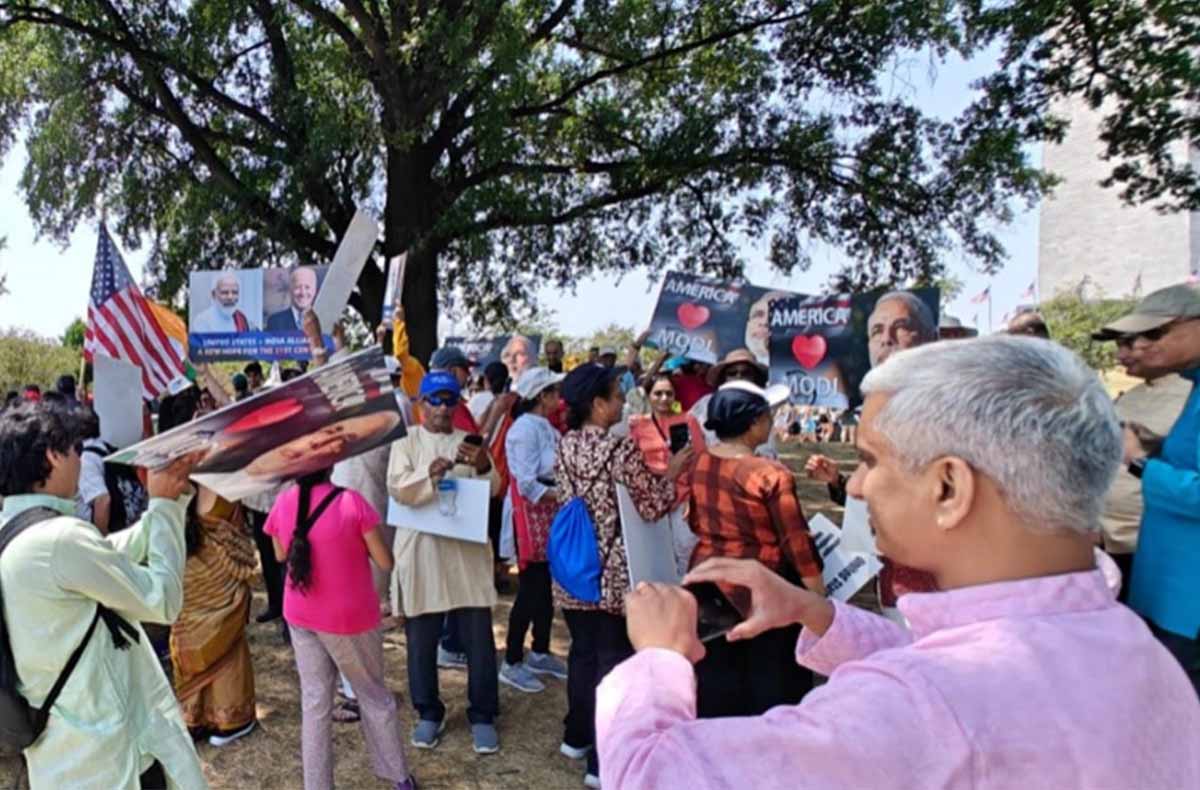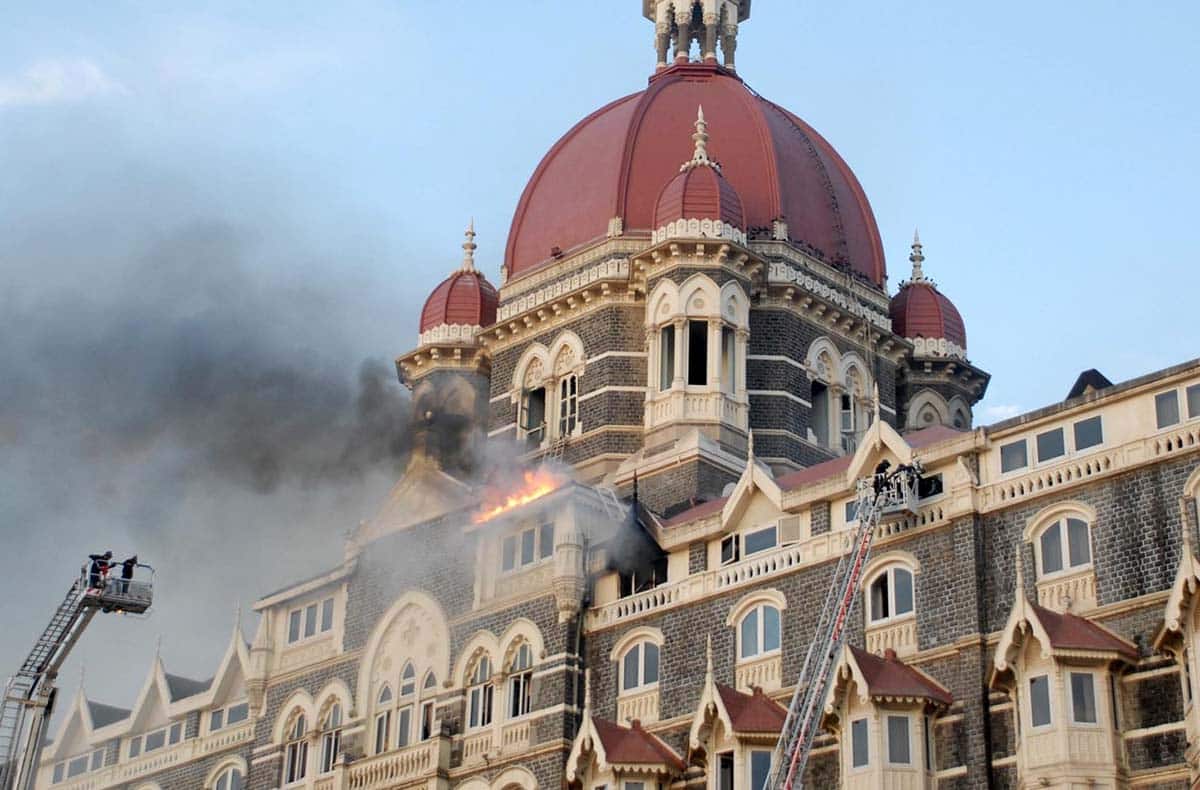
On May 13th, the Pakistan Army released former Prime Minister Imran Khan from detention in Lahore. During his address to supporters, Khan made a significant admission, acknowledging the brutal atrocities and mass murders committed by the Pakistan Army during the 1971 Bangladesh genocide. After 52 years, this acknowledgment marked a historic moment as it recognized the actions that ultimately resulted in the creation of Bangladesh.
However, Khan may not have realized that his release coincided with the 52nd anniversary of three major massacres committed by the Pakistan Army in different parts of what was then East Pakistan. These atrocities, which occurred between May 13th and May 20th, 1971, left a lasting impact on the region and its people.
Demra Massacre (May 13)
On 13th May 1971, nearly 900 unarmed Hindu residents of Demra village in Pabna District were massacred by the Pakistan Army.
Ketnar Bil Massacre (May 15)
The Pakistan Army massacred more than 600 people on May 15, 1971, at a village called Ketna Bil in Barisal district. 19 members of 1 family, the Patras, were killed.
Chuknagar Massacre (May 20)
On May 20, 1971, in one of the largest single-day massacres of the 1971 genocide, between 10,000 to 12,000 people were killed by the Pakistani army and its allies from Jamaat-e-Islami at Chuknagar in Khulna. Those killed were primarily Hindu refugees who had gathered in the town to try to seek refuge in India, which lay across the border.
It all began three months prior, when at a meeting on February 22, 1971, General Yahya Khan, the President of Pakistan, was recorded as saying to his top military brass, “Kill 3 million of them, and the rest will eat out of our hands”. This was the culmination of a process of dehumanization that turned the Muslim majority region of East Pakistan from being willing allies to Pakistan’s vision of being a “pure” Islamic Utopia, to becoming despised Bengalis who were not considered “Islamic enough” because of their strong ties to the Bengali culture and language. Both of which were considered “too Hindu”.
On the night of March 25, 1971, Pakistan imprisoned Sheikh Mujibur Rahman, the de-facto leader of the country, and Pakistani military units, in conjunction with radical Islamist groups, began a crackdown throughout East Pakistan code-named Operation Searchlight, that involved widespread massacres.
On March 28, 1971, United States Consul General in Dhaka, Archer Blood, sent a telegram to Washington titled “Selective Genocide” in which he wrote, “Moreover, with support of Pak military, non-Bengali Muslims are systematically attacking poor people’s quarters and murdering Bengalis and Hindus. Streets of Dhaka are aflood with Hindus and others seeking to get out of Dhaka. Many Bengalis have sought refuge in homes of Americans, most of whom are extending shelter”.
On April 8, 1971, Consul General Blood sent another telegram which states in part Genocide applies fully to [this] naked, calculated and widespread selection of Hindus for special treatment … From outset various members of American community have witnessed either burning down of Hindu villages, Hindu enclaves in Dhaka and shooting of Hindus attempting [to] escape the carnage, or have seen after-effects which [are] visible throughout Dhaka today.
On November 1, 1971, Senator Edward M. Kennedy, Chairman of the Senate Judiciary Committee’s Subcommittee To Investigate the Problems Connected with Refugees and Escapees published a report to the Committee, which stated, “Nothing is more clear, or more easily documented than the systematic campaign of terror—and its genocidal consequences—launched by the Pakistan army on the night of March 25th.” He added, “Hardest hit have been members of the Hindu community who have been robbed of their lands and shops, systematically slaughtered, and, in some places, painted with yellow patches marked H. All of this has been officially sanctioned, ordered, and implemented under martial law from Islamabad”.
Estimates of those killed in these atrocities vary, with the Government of Bangladesh estimating that 3,000,000 persons were killed. Over 200,000 women were raped, and due to stigma, the actual number will likely never be known, nor the victims be remembered. Nearly 10 million refugees fled to India. Many of those who fled died in disease-ridden camps, with cholera and typhoid being the predominant causes.
In October 2022, a bipartisan group of lawmakers introduced H Res 1430 to recognize what had until now remained a largely unrecognized genocide of the 20th century. Community organizations and Human Rights Groups are working to reintroduce it again in the 118th Congress.
The resolution will ignite a conversation that will ensure that the Pakistan Army and its allied Islamists are held accountable for the crimes it has committed over the decades. It will allow an opportunity to recommit American Foreign policy to prevent such atrocities from ever occurring again.



